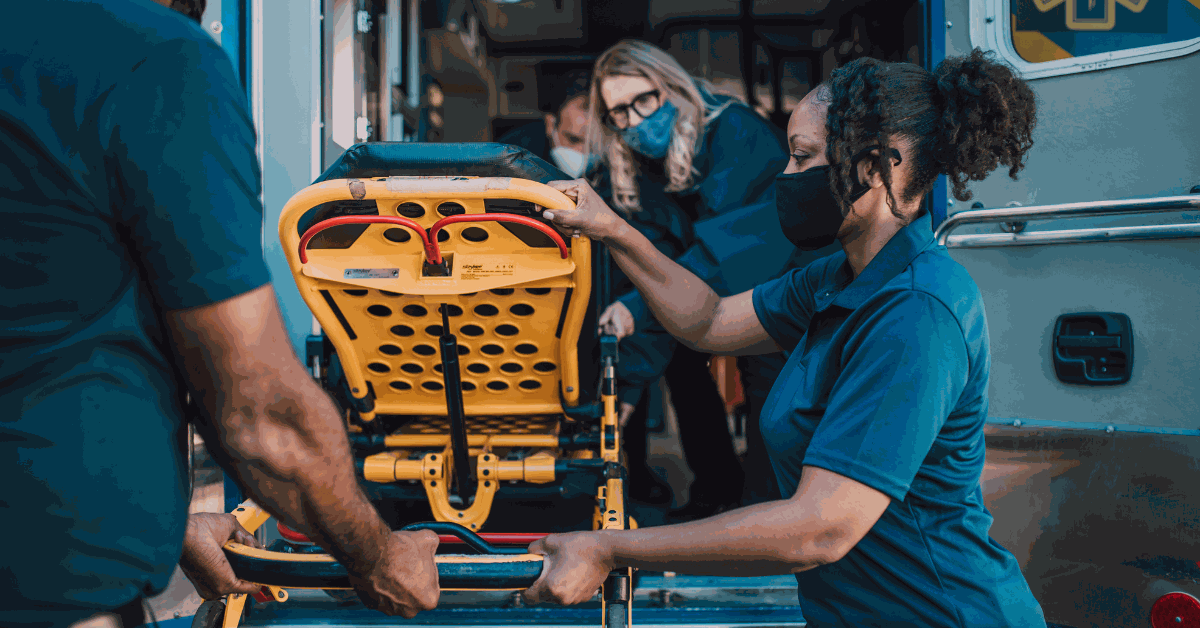Companies hire their employees for their particular skill sets. They might be a good manager, a good truck driver, or a good nurse. Although the positions may differ, they have one thing in common: they were not hired because they’re good witnesses. Yet, selecting the best corporate representative is a big decision and can make a multi-million dollar difference. This individual’s testimony is essentially bound to the company they represent and can have lasting repercussions.
While it may seem counter-intuitive, in many cases, the person most knowledgeable may not necessarily be the best choice to serve as the corporate representative for the company. Courtroom Sciences’ witness training program can help companies evaluate multiple corporate representative candidates to help select the best one. Corporate representatives face specific challenges and may be susceptible to unique fears. These can include becoming emotionally activated when speaking on behalf of the company or worrying over job security.
It is essential to engage in witness training early to mitigate these challenges. The neuropsychology experts at Courtroom Sciences help companies evaluate and train corporate representative candidates to serve in that role, ensuring their performance is well-received.
What is the importance of selecting the ‘right’ Corporate Representative?
Picking the wrong corporate representative to testify on behalf of the company can be a multi-million-dollar mistake. Poor testimony can drastically increase settlement amounts and is a top cause of adverse trial verdicts with high damage awards. Companies need a strong, knowledgeable, and well-trained corporate witness who can thwart a plaintiff attorney’s attack on the defendant’s policies, procedures, profits, and internal correspondence at deposition.
Witness Training Teaches Corporate Representatives Appropriate Speed and Pacing
A witness who takes their time is much better and safer than a witness who responds quickly. Most individuals are cognitively hard-wired to listen and think simultaneously when communicating with others. Speed and efficiency are often essential parts of communication at work. However, those skills that make an individual great at their job can make them a terrible witness in a deposition. While quick responses and long, wordy answers may be helpful in the office, they can create a major problem during a deposition.
Communication at a deposition is a learned skill that requires practice and feedback. Witness training helps slow down the witness. It teaches witnesses that they cannot listen to a question and formulate an answer at the same time. It needs to be a multi-step process. Listening carefully and then answering slowly allows maximum cognition to deliver the most effective answer. In a situation where the witness may not have much control, the one thing they can control through training is the speed and pacing of their answers.
Witness Training Teaches Corporate Representatives How to Control Their Emotions Effectively
Corporate representatives often begin deposition preparation already feeling enormous pressure, with the awareness that they’ve been asked by upper management to prepare for this task. Most corporate representatives are not professional witnesses and might be giving a deposition for the first or second time. If they’ve never testified before, a spokesperson’s anxiety and stress about being responsible for knowing the company’s messaging, policies and procedures, and more will be very high. It is important to directly address this anxiety and help them understand that the entire case does not ride on their shoulders alone.
An employee, who in any other context would be the individual you want speaking on behalf of the company, can find themselves struggling to perform as a corporate witness. Rather than reciting company messaging and being a company cheerleader as a corporate witness, the employee is asked to tone down a lot of that corporate speech, running contrary to their instincts. Employees may fear that if they don’t perform perfectly in their deposition, they may be demoted or even lose their job. Even a great employee who does their job well is susceptible to becoming emotionally activated under that kind of pressure.
Early intervention is better intervention. Without adequate training, pressure gets to a certain level, and a witness will likely forget everything they’ve been told during preparation and start saying yes to whatever the opposing counsel wants them to say. A professional evaluating the witness psychologically and understanding how they will respond to pressure is best done early to see the best results.
How to Select The Best Corporate Representative
Corporate legal teams and outside counsel often decide how to approach a case based on prior similar cases, anecdotal information, or ‘gut instinct.’ Yet, these methods are typically not based on actual data or insight.
When selecting a corporate representative, relying on gut instinct can lead to trouble. Instead, to ensure that a company has the right person in the chair, they are better off putting those potential candidates through training and making them perform to test and see who the best choice will be.
Courtroom Sciences knows that witness training is crucial to ensuring positive outcomes. Witness performance holds immense influence on settlement and verdict results and damage awards. Our neuropsychology experts evaluate and train corporate representative candidates to serve in that role, ensuring their testimony performance is well-received. Speak with one of our experts to get started.
Be confident in achieving superior litigation outcomes. CSI has the expertise, track record, and capabilities to help you win.



